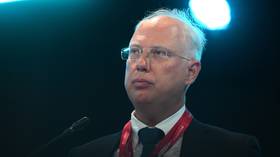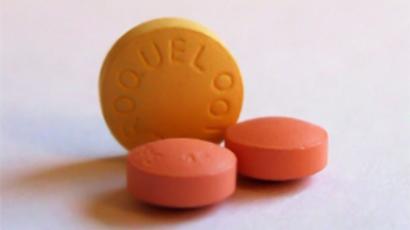Council of Europe to hunt down possible swine flu scam
The Council of Europe is set to decide whether the World Health Organization colluded with drug companies to exaggerate the threat from swine flu.
The WHO declared the disease a "pandemic", allegedly after advice from doctors with close links to pharmaceutical companies.
The Council is looking into whether the threat was blown out of proportion.
An estimated US$18 billion was spent worldwide on vaccinations and drugs to fight the flu.
An expert from the Russian Academy of Sciences says the H1N1 flu is a non-disease.
“The recent flu has been described as a made-up disease or a non-disease. In other words, the main goal of everything surrounding it is to make money. SARS, bird flu and chronic fatigue are all in that category, along with nearly 200 other illnesses. One can make up anything – a goat flu or a fish flu. And we are easily convinced about the threat of infections,” Pavel Vorobyov says. “One such example is what happened after the Chernobyl catastrophe, when people were persuaded to buy devices to measure radioactivity. So a disease doesn’t even have to be infectious for companies to make money from the panic.”













